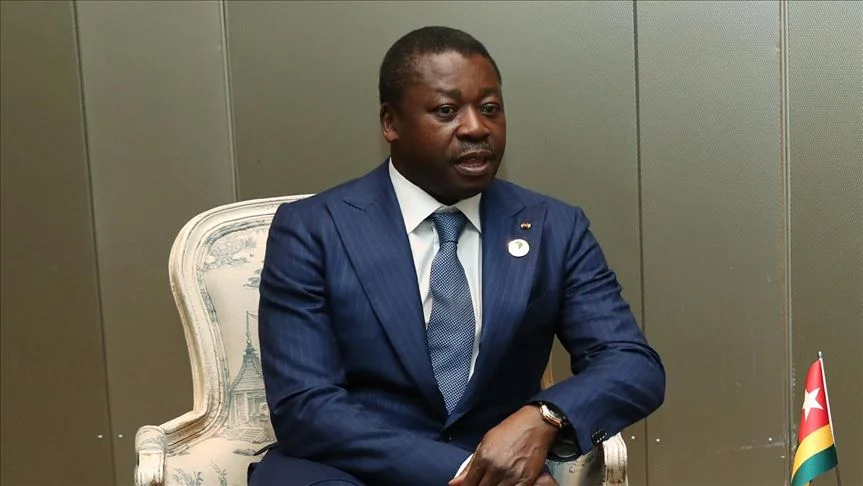Togo’s President Faure Gnassingbe has secured a fourth term, with the national electoral commission announcing on Monday that he won 72% of the vote in the first round.
This extends his 15-year leadership and continues a family dynasty that began with his father, Gnassingbe Eyadema, who seized power in a 1967 coup and ruled for 38 years until his death in 2005.
Former Prime Minister Agbeyome Kodjo, his closest rival, garnered 18%.
The Supreme Court is expected to confirm the results in the coming days, potentially granting Gnassingbe another five years in office.
Opposition Challenges and Constitutional Changes
The victory, if upheld, dashes hopes of opposition protesters who have rallied in recent years for Gnassingbe’s resignation.
In May 2019, he oversaw a constitutional overhaul allowing him to run again, potentially staying in power until 2030.
Kodjo, who served under Gnassingbe’s father, claimed victory with 57-61% of the vote before official results, alleging ballot stuffing and fake polling stations favored the incumbent.
The government banned hundreds of local observers and scrapped electronic voting security at the last minute, raising concerns about the process.
International Oversight and Past Unrest
Approximately 300 international observers, mostly from ECOWAS and the African Union, monitored the election, with many African nations backing Gnassingbe.
Six opposition candidates had planned to unite against him if no majority was achieved, potentially forcing a second round.
Past protests in 2017 and 2018 demanded an end to the family’s 50-year rule, and some fear a confirmed win could reignite unrest.
However, Lome’s streets remained calm early Monday after the vote.
Economic Promises Amid Challenges
Gilbert Bawara, a key supporter and minister of public functions, hailed the result as an “unprecedented score,” noting Gnassingbe’s 58% win five years ago.
Togo, ranked as the world’s tenth-poorest nation by the International Monetary Fund, has seen 5% annual economic growth, fueled by investments in energy and transport.
Yet, persistent poverty and labor strikes highlight the economic hurdles ahead, testing Gnassingbe’s promises of development during his new term.






